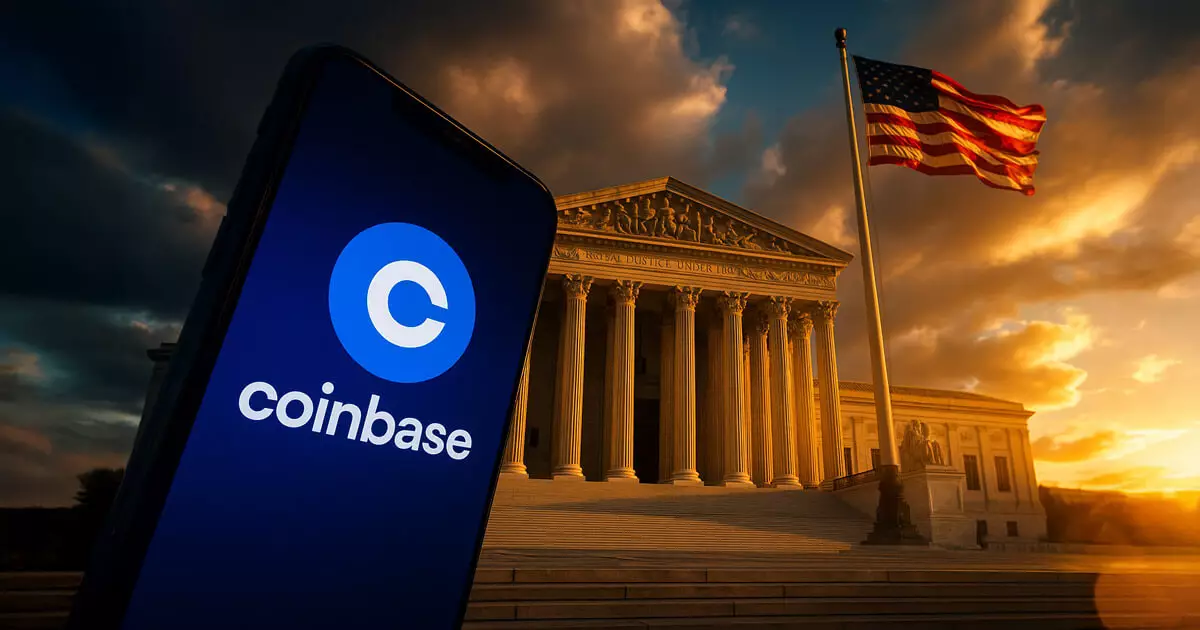In a shocking yet predictable move, the U.S. Supreme Court’s refusal to hear the case in Harper v. Faulkender effectively endorses an unchecked expansion of government authority into the private financial dealings of American citizens. This silence isn’t neutral; it is an implicit acknowledgment of the government’s relentless push to treat digital assets as just another tool for surveillance and control. By declining to intervene, the Supreme Court has handed a green light to the IRS and other agencies to dig deep into the activity logs of millions, eroding the very rights the Fourth Amendment was supposed to safeguard. This decision sends a dangerous message: in the digital age, privacy is becoming a privilege, not a right. The government’s ability to bypass constitutional protections under the guise of tax enforcement exposes a concerning trend of state overreach cloaked in bureaucratic necessity. The court has essentially thrown out any meaningful legal barricades that once protected citizens from unwarranted searches—especially when those citizens use centralized platforms like Coinbase. This negligence fuels a broader pattern of government encroachment masked as regulatory oversight, with little regard for individual freedoms in the realm of digital finance.
Legal Justifications and the Erosion of Privacy Norms
The crux of the issue lies in the “third-party doctrine,” a legal principle rooted in centuries-old understandings that a person’s expectation of privacy diminishes when they share information with a third party. While previous generations might have considered their bank records private, the courts now treat crypto exchange data as fair game. When you entrust your digital assets to Coinbase or similar institutions, you surrender certain rights—rights the Fourth Amendment once protected vigorously. The IRS’s broad subpoena, upheld by lower courts and now effectively rubber-stamped by the Supreme Court’s silence, exemplifies the dangerous erosion of privacy norms. It establishes a precedent that government agencies can, with minimal oversight, access your transaction history, balances, and personal details, even without evidence of wrongdoing. For many, this legal stance borders on a fishing expedition, where the state assumes guilt until proven innocent. The courts’ reliance on outdated doctrines neglects modern realities: in an era of digital finance, privacy must evolve with technological developments, not be sacrificed on the altar of bureaucratic expediency.
The Political and Industry Implications
This ruling marks a turning point for the crypto industry—one that favors state dominance over individual sovereignty. For years, advocates have argued that cryptocurrencies and decentralized exchanges offer privacy and autonomy, but this court decision urges users towards self-custody solutions because centralized exchanges like Coinbase now operate as extensions of government surveillance apparatuses. Such a landscape discourages genuine financial privacy and pushes users toward riskier, less regulated channels. Politically, this move reflects a broader trend: the government’s desire to bring all financial activity into the fold of traditional oversight, disregarding the liberty of individuals to control their assets without government interference. The message is clear: if you’re trading on a U.S.-based platform, your data is essentially considered state property—open to spying, collection, and analysis. While proponents might argue this enhances tax compliance and financial transparency, the perception from center-right conservatives is that it impinges on rights, fosters overregulation, and stifles innovation. Clemency appears absent; the government’s expansive surveillance power is being normalized, leaving little room for privacy advocates to challenge the trend without risking further infringement.
The Broader Cultural Shift Toward Surveillance
This latest development in crypto regulation signals a profound cultural shift: an increasing acceptance of government intrusion into private lives under the guise of public interest. Such a stance threatens to undermine the foundational principles of individual liberty, turning citizens into subjects who are constantly monitored and judged. Privacy—a core cornerstone of a free society—is being reclassified as a privilege granted at the government’s discretion. The digital age should empower individuals, not enslave them under layers of surveillance that invade their financial and personal sovereignty. For the average American, especially those engaged in cryptocurrency trading, this ruling is a cold warning that their financial privacy is no longer guaranteed and that their economic freedom is subordinate to the state’s need for oversight. When government authorities can routinely access data without specific warrants, it fosters a climate of fear and compliance rather than trust and innovation. This shift risk turning the promise of blockchain and decentralization into hollow words, as the regulatory environment becomes increasingly hostile to privacy-centric paradigms.
The Future of Crypto and Personal Freedom
The ruling sends a clear message: the age of unregulated, privacy-centered cryptocurrencies is under threat, and users must adapt to a new reality where government tracking and data collection are normalized. Those who value their independence and privacy may gravitate toward self-custody wallets and decentralized exchanges, but even these avenues face increasing regulatory scrutiny. The equitable playing field is swiftly tilting in favor of centralized, compliant platforms that inevitably become extensions of federal oversight. Ultimately, this legal outcome underscores that digital assets, once heralded as a revolutionary tool of financial privacy, are quickly becoming but another aspect of the regulatory state’s dominion. Those committed to liberty must recognize that legal and governmental shifts like this serve as a warning: individuals’ financial autonomy is slipping through their fingers—the government’s expansive grasp tightening clandestinely under the banner of “law enforcement.” As the state consolidates its surveillance powers, the vision of a free, decentralized financial future recedes into the background, replaced by a digital landscape monitored, regulated, and controlled by the authorities.

